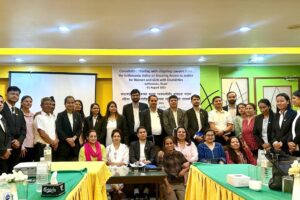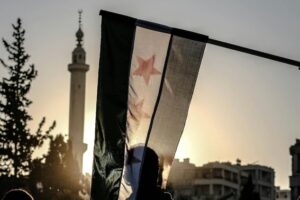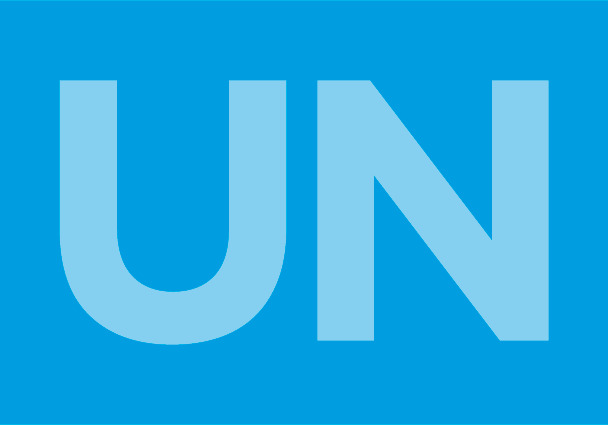
Sep 24, 2014
The ICJ today joined 42 other NGOs to express deep concern regarding proposed amendments to the draft resolution on civil society space at the UN Human Rights Council.
The draft resolution on civil society space identifies key elements required to ensure that civil society can exercise its critical role in strengthening democracy, providing essential services, and promoting human rights.
It reaffirms States’ existing obligations under international human rights law to guarantee the rights to freedom of expression, assembly and association, and public participation, among other rights, and to protect civil society space and actors from threats, attacks or reprisals. The Resolution, if adopted, would be an important contribution to efforts to bridge implementation gaps and overcome obstacles in protecting civil society space.
However, in the days before the resolution is to be considered for adoption by the Council, some States have presented amendments that seek to undermine the spirit of the resolution and to detract from States’ obligations to protect and promote civil society space.
In a joint open letter, the 43 NGOs explain why each of the proposed amendments is unacceptable, and calls on all member States of the Council to support the draft resolution as tabled, and vote against the proposed amendments should they be brought to a vote.
The joint open letter may be downloaded in PDF format here: Universal-CivilSocietySpaceLetter-Advocacy-OpenLetter-2014-ENG
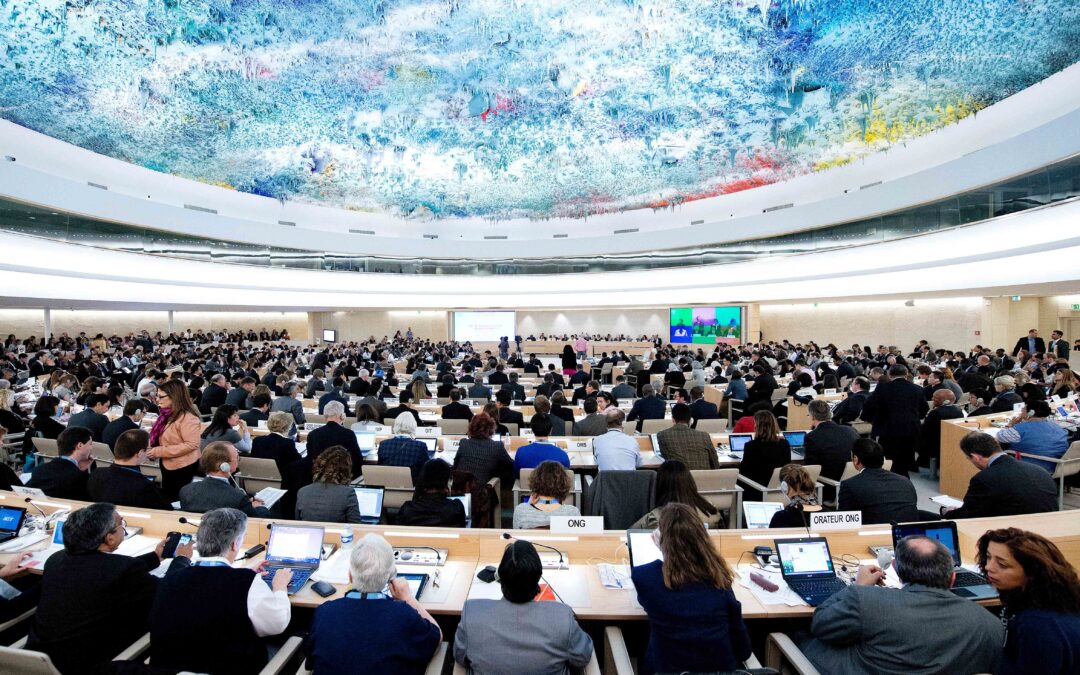
Sep 24, 2014
The ICJ today joined International Service for Human Rights (ISHR) and other NGOs in emphasising that members of the UN Human Rights Council must reject procedural tactics that prevent the Council from engaging in substantive debates on human rights issues.
The NGOs are particularly concerned about the use of a so-called “no action motion”. A ‘no-action motion’ is a procedural motion by a member of the Council that prevents the discussion of a proposal or matter in the Council.
At the Council’s 26th session in June 2014, a ‘no-action motion’ was used to prevent the consideration of an amendment to the resolution on the ‘Protection of the family and all its members’ that would have added long-agreed UN language on diversity of family forms to the resolution. The “no-action” motion passed, with 22 votes in favour, 20 against, and 4 abstentions (with one member State being absent from the room). A minority of the Council membership was therefore able to prevent substantive debate on the amendment. Delegations were therefore never given the chance to express themselves (whether in terms of support or not) by voting on the proposal.
This was the first time that this stifling procedure was used in the Human Rights Council in connection with a thematic issue. The NGOs are concerned about the prospect of similar tactics at the current session.
The use of procedural tactics such as the “no action motion” to prevent consideration of issues by the Council is inconsistent with the purpose and mandate given to the Council by the General Assembly. (The “no action motion” is available at all in the Council only because the Council uses the generic rules of procedure for Committees of the General Assembly rather than rules of procedure specifically designed for the Council. Whatever its appropriateness in those other very different contexts, the “no action motion” rule should have no role to play in blocking discussion and consideration of any human rights issue of any kind by the Council.) Delegations that oppose a measure have every opportunity to vote against it after a full debate.
The NGOs affirm that a vote in support of a ‘no-action motion’ is censorship tantamount to opposition to the substantive question itself and will be seen that way, and urge all delegations not to support any such motions.
The joint open letter to States members of the UN Human Rights Council can be downloaded in PDF format here: Universal-HRCNoActionMotion-Advocacy-OpenLetter-2014-ENG
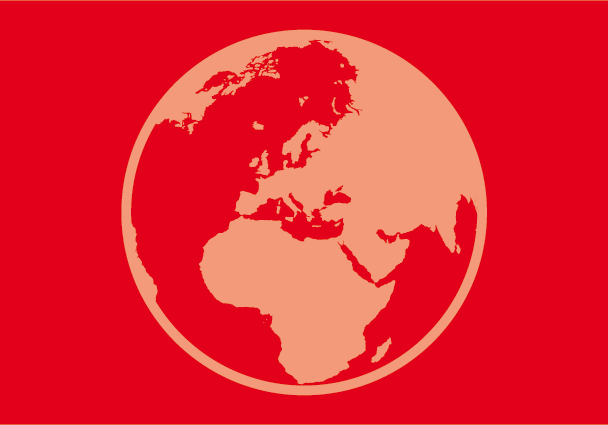
Sep 22, 2014 | Events, News
The ICJ’s Director of the International Law and Protection Programmes, Alex Conte, was today an expert member of a plenary panel of the UN Human Rights Council concerning the application of international law to the use of armed drones.
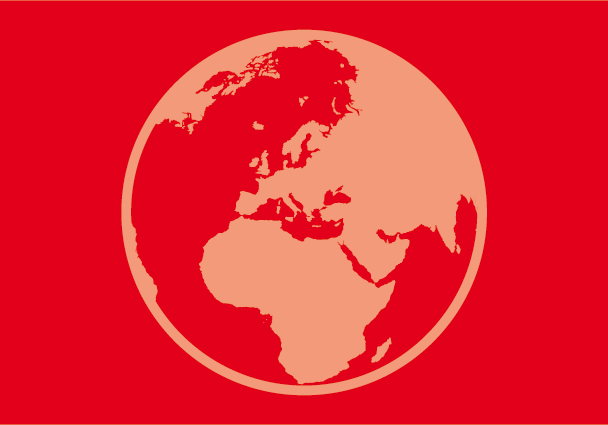
Sep 17, 2014
The ICJ joined several other international organisations in today’s open letter to the UN Human Rights Council sharing concerns about State practices of targeted killings and the use of armed drones.
The open letter urges UN Member States and the Human Rights Council to undertake several steps towards ensuring transparency, compliance with international law, meaningful oversight, effective remedies for victims and effective investigations, tracking and response to civilian harm.
The letter was sent to Permanent Representatives of Member and Observer States to the Human Rights Council ahead of the Council’s Panel on the application of international law to the use of armed drones, to be held on 22 September 2014.
HRC27-JointNGOStatement-ArmedDrones-Non-OpenLetter-2014 (download joint NGO letter in PDF)
Go to webpage with further information on the Council’s plenary panel on armed drones and international law
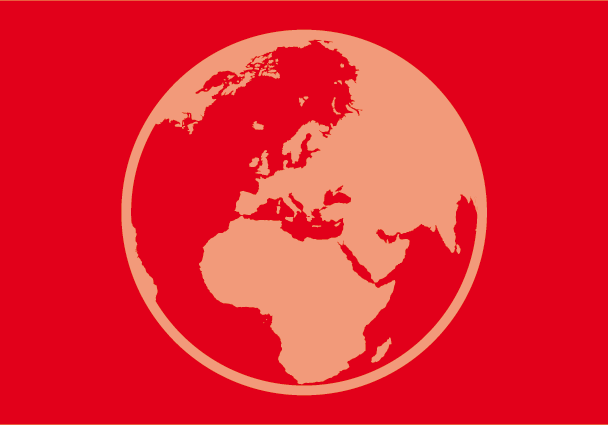
Sep 16, 2014 | Events
Amnesty International, with support from the ICJ, will hold a parallel event, in the margins of the UN Human Rights Council’s 27th session in Geneva, on armed drones and international law, to be held on Thursday 18 September 2014 at 13:30 in room XXIV of the Palais des Nations.








